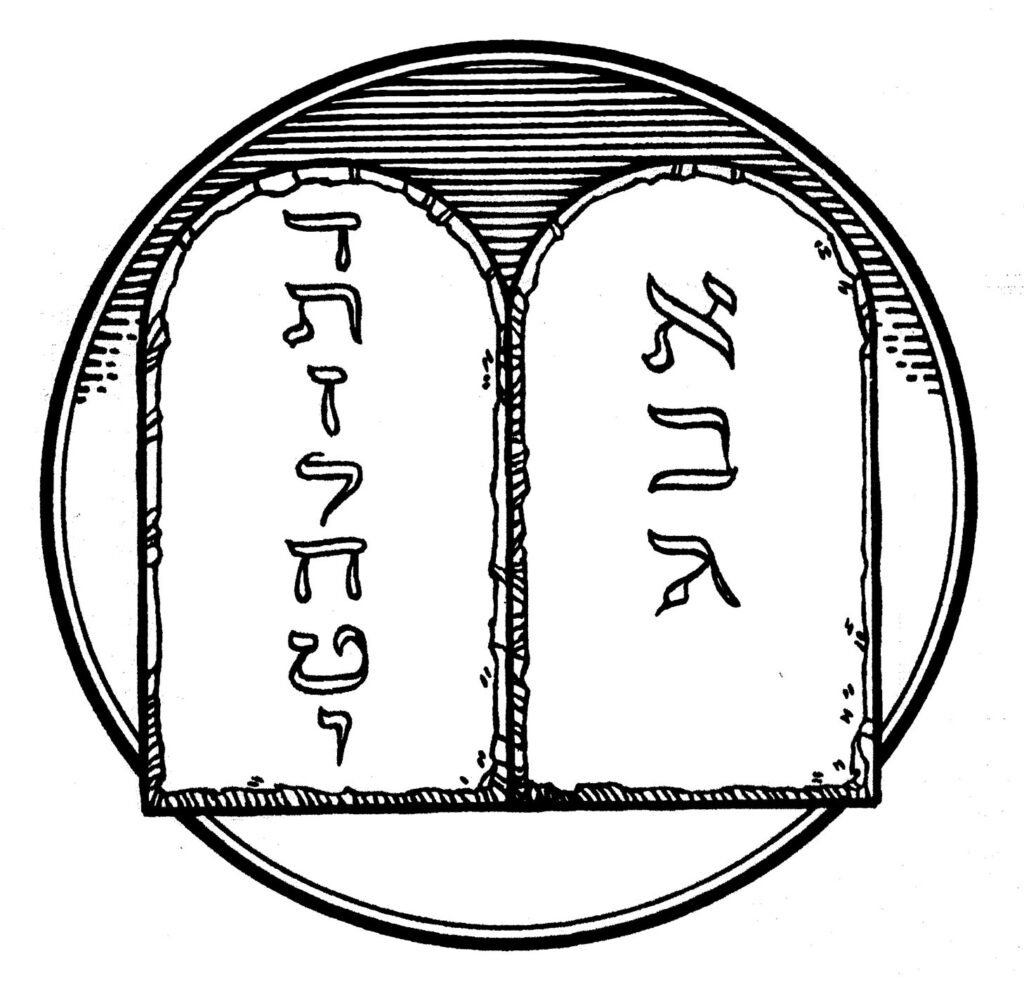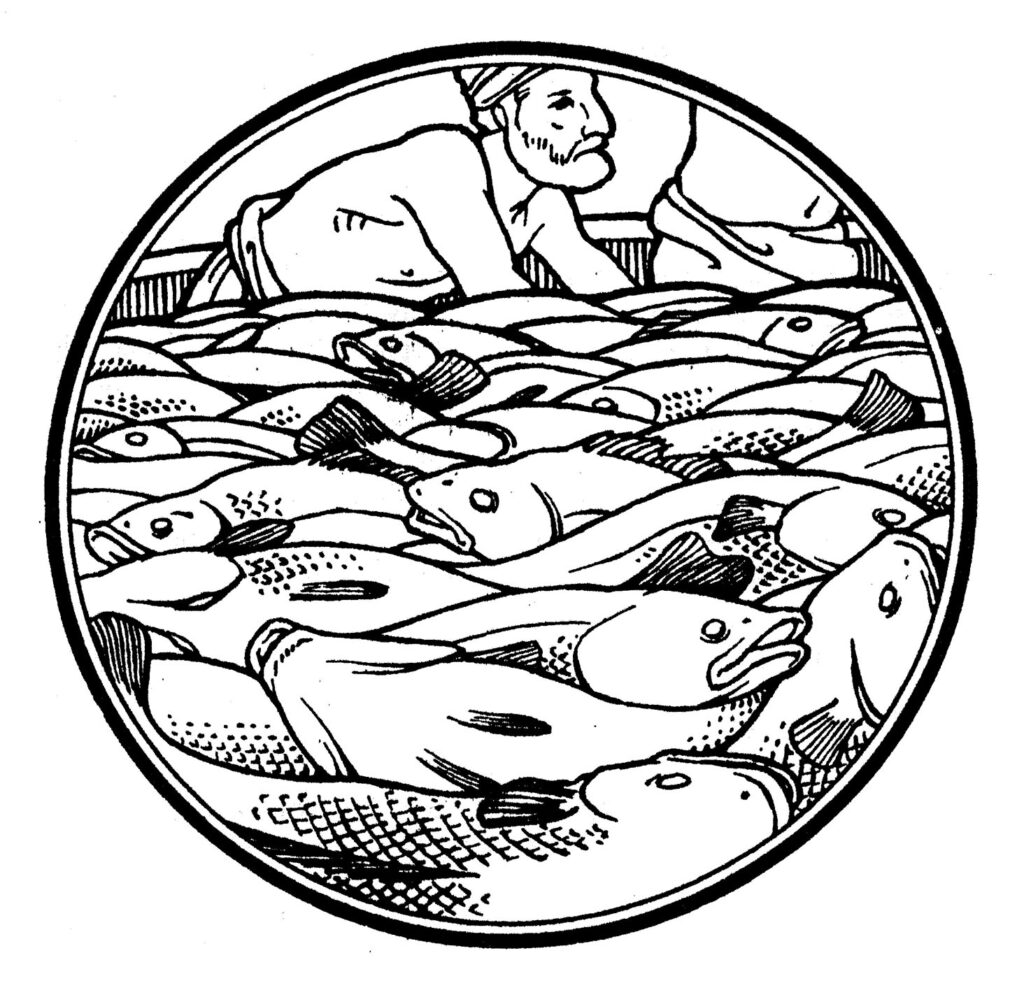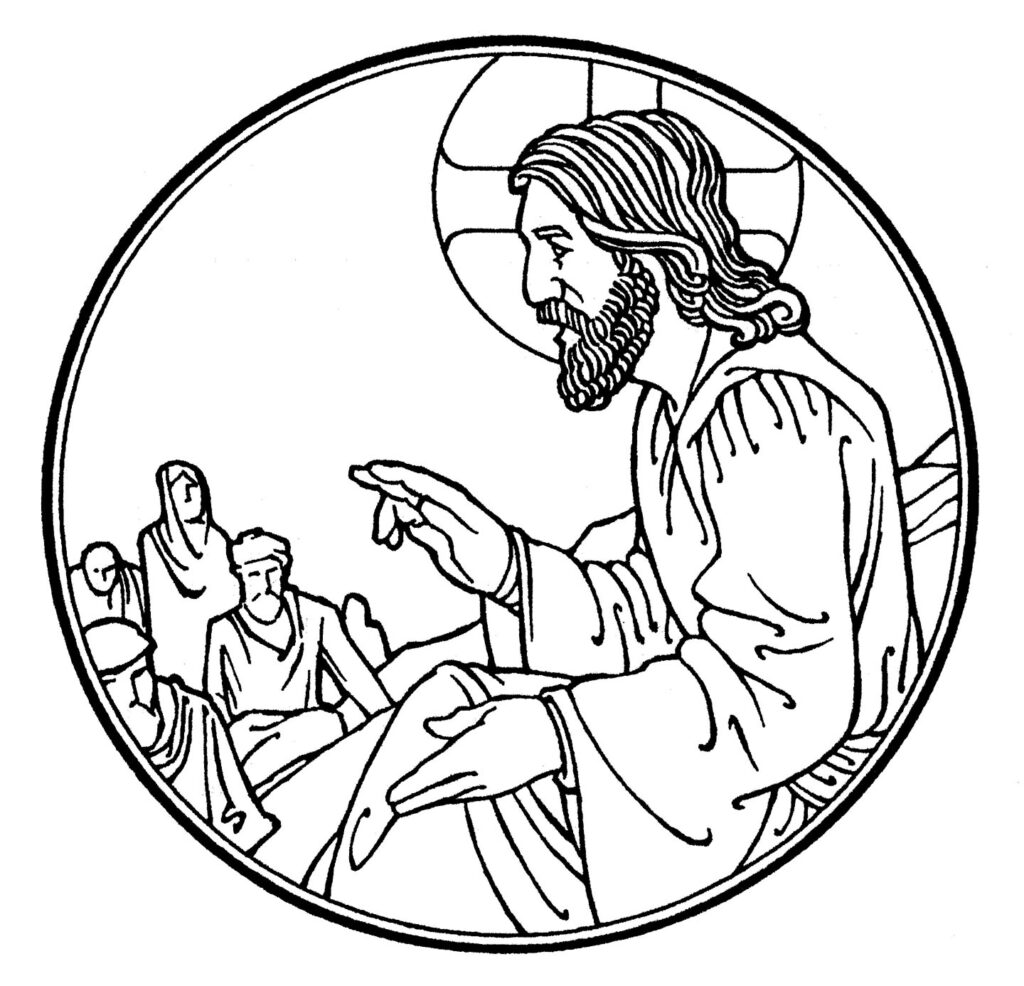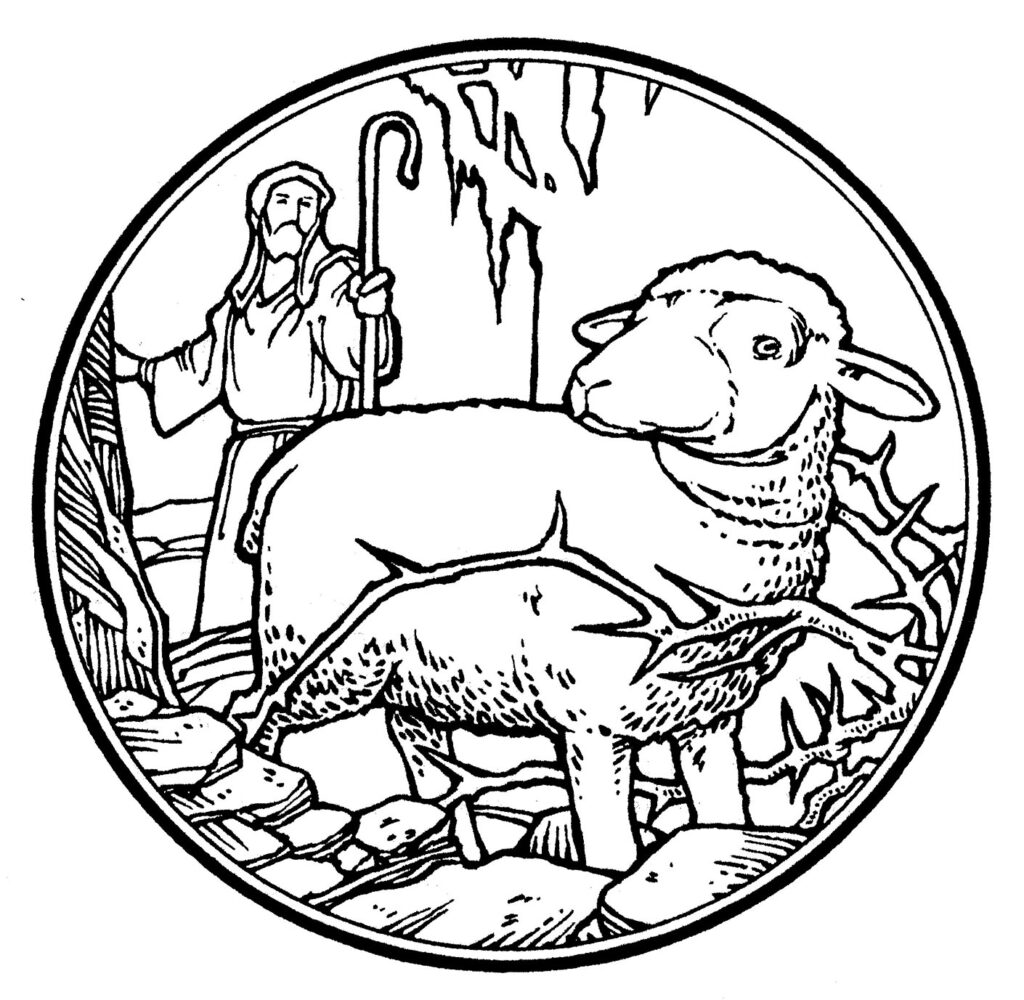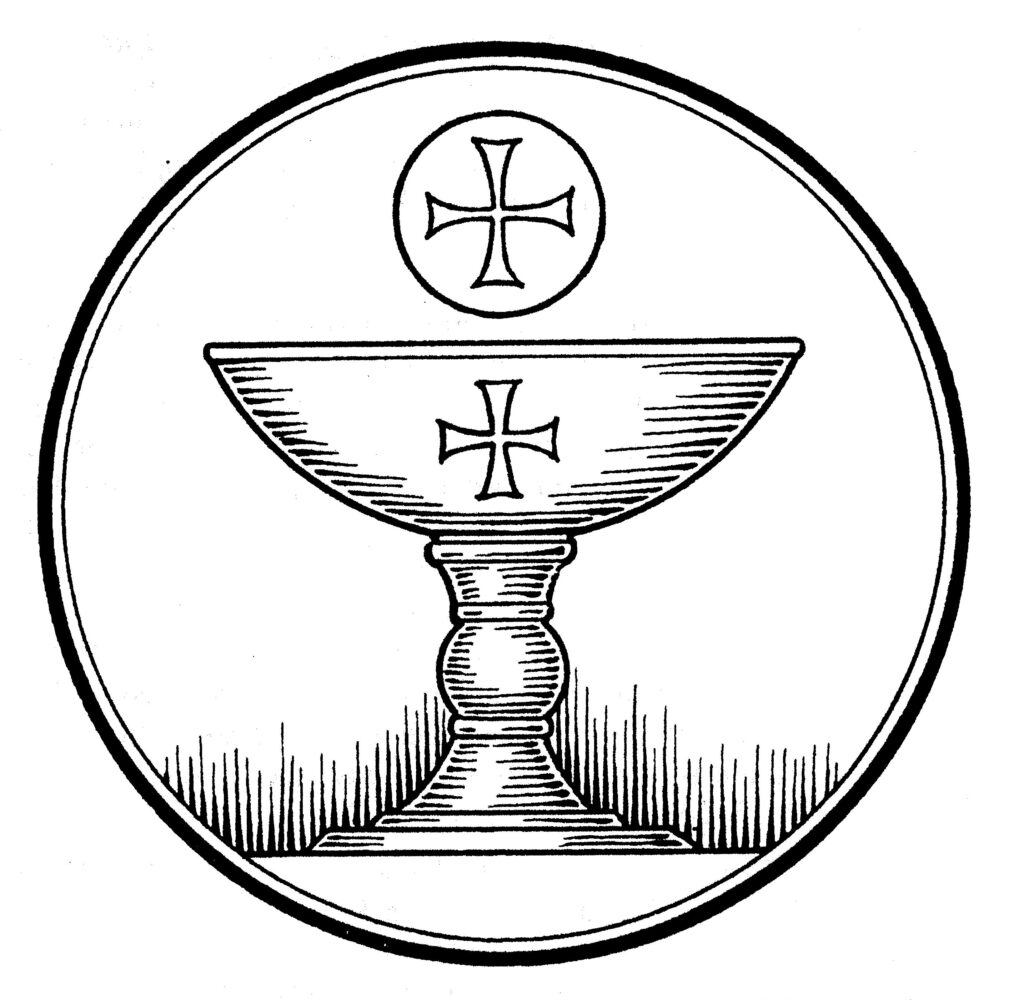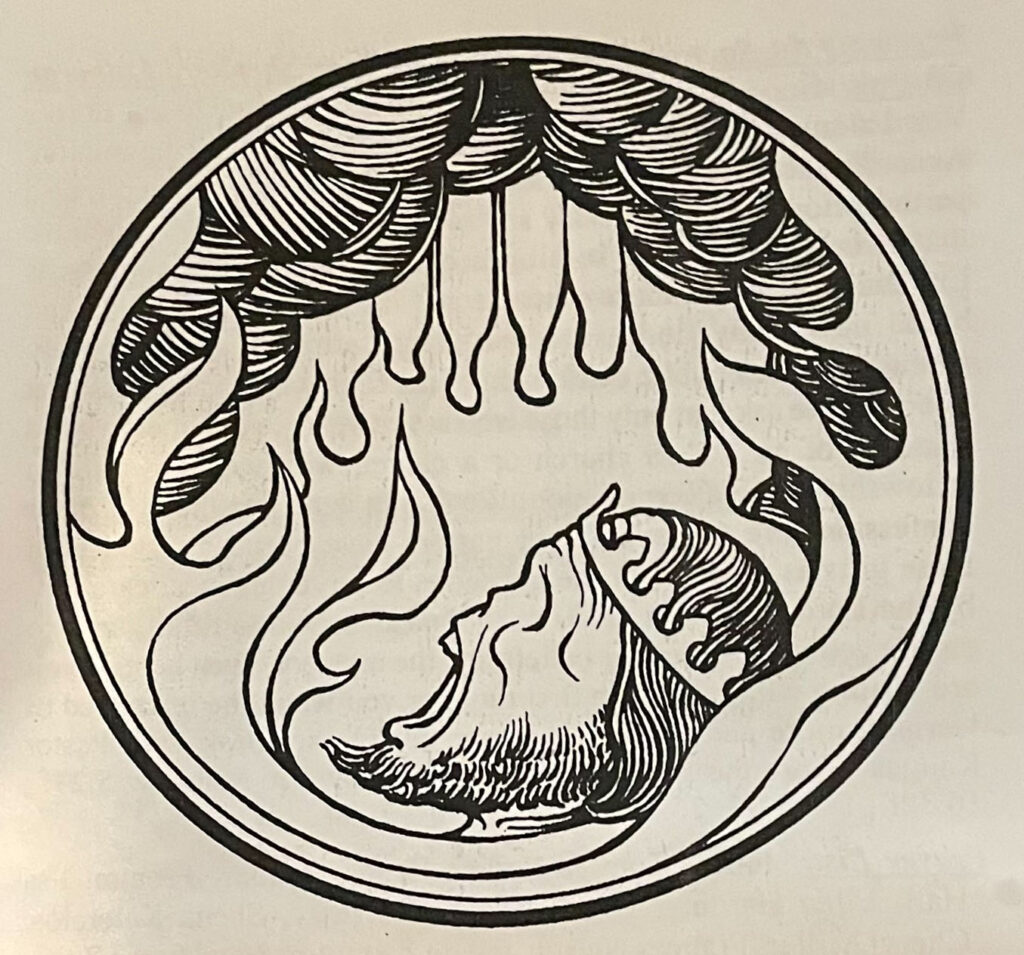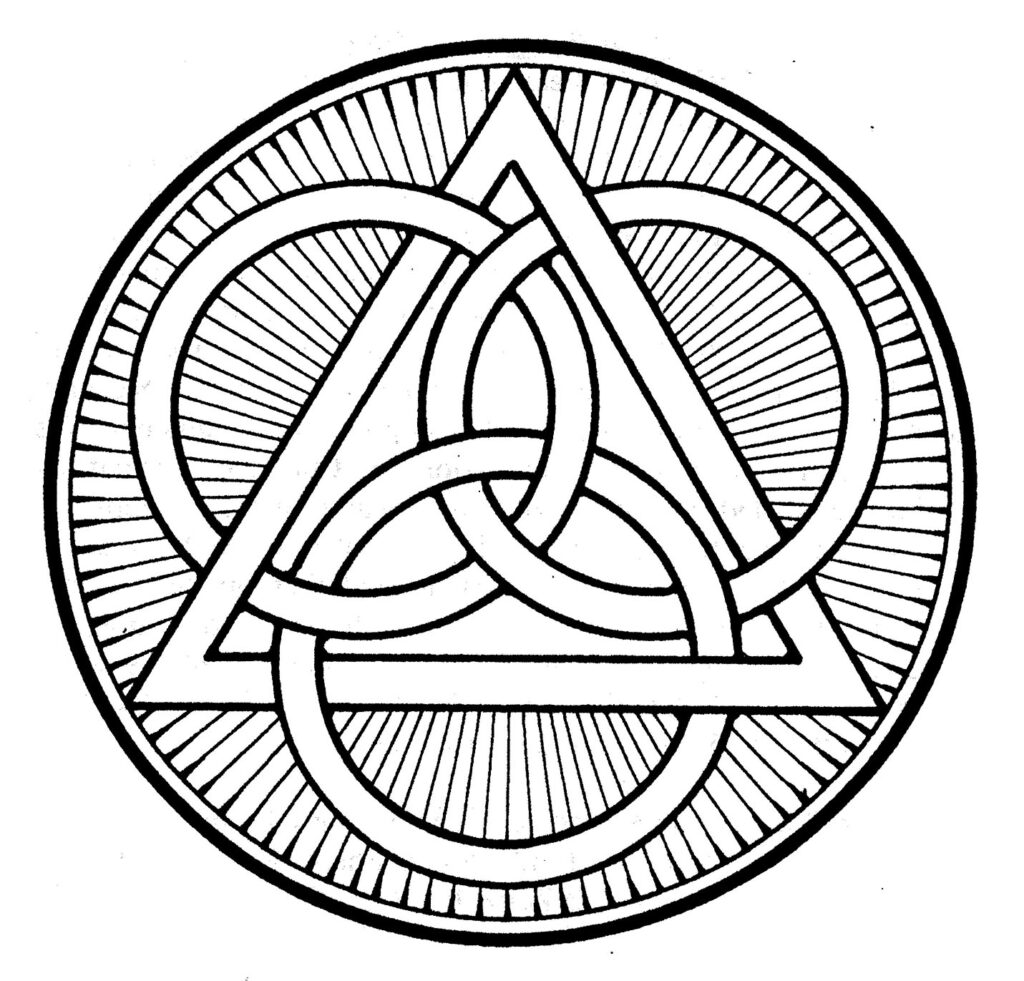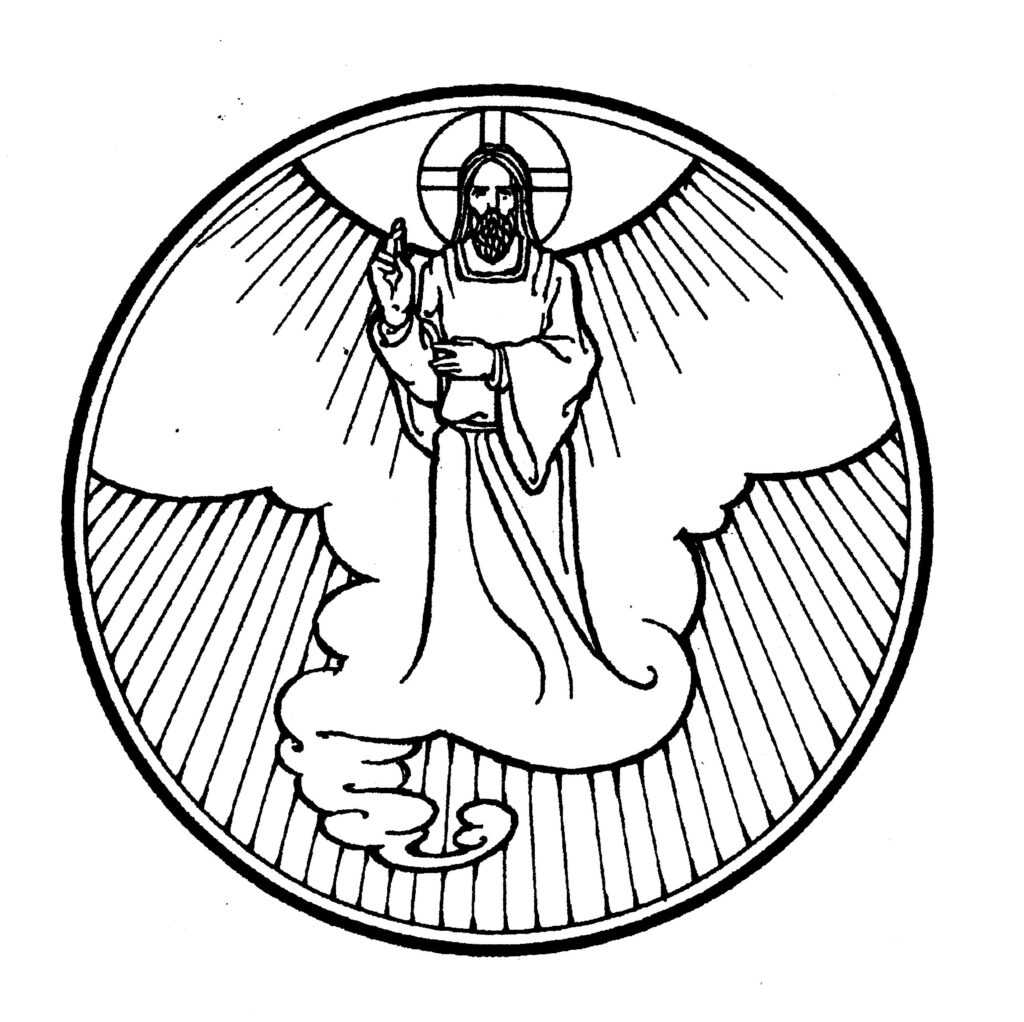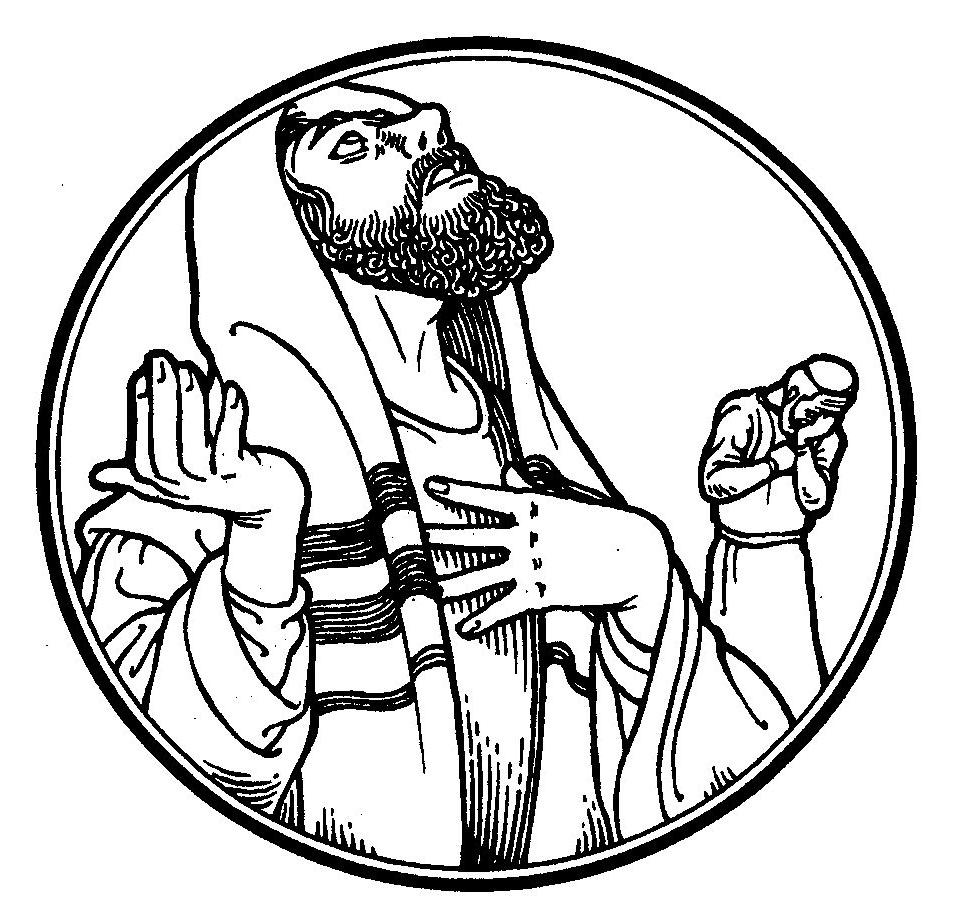
What was the difference between the pharisee and the Tax collector in today’s familiar parable? It wasn’t just their station in life; it was a matter of how they viewed themselves. Today’s parable shows the contrast between pride and humility and how God views either attitude.
The Pharisee saw nothing wrong with himself. ‘God, I thank you that I am not like other men, extortioners, unjust, adulterers, or even like this tax collector. I fast twice a week; I give tithes of all that I get.’ I guess it was nice that he thanked God, but the reason why he thanked God was pretty messed up. Thank you that I am not like others who are sinners in various ways, and that I fast and I tithe. Is there anything wrong with tithing, that is giving 10 percent of all income back to the Lord? Of course not! In fact, it would be wonderful if everyone could or would give that much back unto the Lord in joy and gratitude. Was there anything wrong with fasting? (That is of course, going without food for a set time) No. Fasting is a way of disciplining the body and was commended in the Old and New Testaments as a good thing, in fact, so much the better if it is done as a personal sign of repentance. Was there repentance in the heart of the pharisee? No. The fasting and the tithing were signs of repentance and humility for the Pharisee, but a source of pride, a chance for him to show others how good he was. He did it for his credit, not as unto the Lord in thankfulness and mercy. He was thankful, but only in pride that he was better than others, including the tax collector. This man was not repentant, and he stood proudly before God, not even giving God credit for the good works done through him. No, he was a self made man of exceptional quality, nothing to repent of…that pride which shows itself in refusal to acknowledge sin is why he was not forgiven. His tithes, his fasts did him no spiritual good nor credit, because he did not do it in faith and humility.
Pride is dangerous. Of course, he was a sinner. His prayer even showed that. He was worshipping himself not the Lord. But he was too lost in his pride to see it. He was too convinced of his good spiritual health to see the horrible stench of spiritual death within himself.
We see the same kind of pride today. Although it is not always pride in churchly good works. We see people take pride in their sin and their shame. Yes, there are those church goers who take pride in the same way as the Pharisee who look at those who have sinned and say, “Look how good I am”, and “I don’t need to repent for I am so virtuous”. But the spirit of today actually calls sin and pride in it, “a virtue”, and the protection and promotion of those who do it is a new form of righteousness. It is terrible and destructive, but that is the nature of pride.
Are you and I immune from pride? Be honest. The answer is “no”. If you, or I, like the pharisee or the others I just mentioned try to minimize, excuse, justify, or qualify our sins of the heart, mind, and action…If we refuse to look in the mirror or attempt to cover our ears to the rebuke of God’s Law which is accurately accusing you through Scripture or the admonishment of a brother or sister in Christ, how are we any better than the Pharisee or the world in its pride?
Sin is serious business. It is actually a spiritual wound and separation from God. Pride in our sin or pride in our perceived righteousness and good works is not faith, but that which brings us under condemnation and separation from God.
What is it then that makes a man or woman justified before the Lord? Keeping the Law? Well, yes of course, if you can keep it in full. But who can? Nobody. Therefore, let us take a lesson from the tax collector in this morning’s Gospel. The only way to be justified before the Lord, is to be repentant, to be humble, to acknowledge our sin, to forsake our pride, and He will justify you in Christ. What is repentance? It is not “I am sorry I got caught,” it isn’t “I am sorry for that sin but look forward to doing it again.” It isn’t giving yourself over to your temptation and accepting it as just part of your identity.
Repentance is truly being sorry as in, “I don’t want to do this again. I was wrong, I am wrong. I do want to change. I don’t deserve mercy, but without mercy, without God’s power and strength, there is no hope for change or forgiveness for me, O Lord, have mercy upon me, a sinner.
Jesus said: “everyone who exalts himself will be humbled, but the one who humbles himself will be exalted.” That is the key. Humble yourself before the Lord in hope and repentance and He shall exalt you. He shall lift you up. That is what the tax collector did. When the tax collector went to the temple, what did do and say? Almost completely different from the Pharisee, he would not even lift his eyes to heaven but beat his breast, saying, ‘God, be merciful to me, a sinner!’
That prayer is our prayer, at least it needs to be. “God be merciful to me, a sinner. And for the sake of Jesus Christ by faith in Him, God is merciful. For the sake of mercy Jesus came, so that those who are led to see their sinful and spiritually dead condition may hope for forgiveness and change. Jesus was and is the perfect and righteous man, the Son of God, yet He died on the cross to take our unrighteousness upon Himself, so that we may be forgiven by faith in Him and His sacrifice.
Here’s a good question for us to ponder: Was the tax collector forgiven and then freed to go back to ripping people off and overcharging them in his vocation as tax collector? No. What does that mean for you and me?
We come here and we confess our sins, and we hear the announcement of absolution in Jesus Christ. We remember our baptisms, we hear God’s Word preached in our ears, we eat Christ’s crucified and raised body and blood for the forgiveness of sins, strengthening of faith, and preparation for life eternal, but are we thinking about the greatness of God’s mercy in that? The magnificent power that He shares with us by His Holy Spirit? Do we just go home justified only to look for ways to judge others or go back to our sin using God’s grace as an excuse to sin all the more? Heaven forbid!
St. Paul said in today’s epistle lesson: “And you were dead in the trespasses and sins in which you once walked, following the course of this world, following the prince of the power of the air, the spirit that is now at work in the sons of disobedience— among whom we all once lived in the passions of our flesh, carrying out the desires of the body and the mind, and were by nature children of wrath, like the rest of mankind. But God, being rich in mercy, because of the great love with which he loved us, even when we were dead in our trespasses, made us alive together with Christ—by grace you have been saved— and raised us up with Him and seated us with Him in the heavenly places in Christ Jesus, so that in the coming ages He might show the immeasurable riches of His grace in kindness toward us in Christ Jesus. For by grace you have been saved through faith. And this is not your own doing; it is the gift of God, not a result of works, so that no one may boast. For we are His workmanship, created in Christ Jesus for good works, which God prepared beforehand, that we should walk in them.”
God saved us from death, by His grace and grants it through faith in Him. You and I are freed from the bondage of death and darkness, but not freed to go back to our sin. Here He works on our hearts and minds through His Word and Sacrament to bring repentance, but to then to also be re-created in Christ Jesus to do good works to His glory, by His power, to be as Adam and Eve, Cain and Abel, were supposed to be.
This is not as difficult as it sounds. It just means live in humble joy in Christ. Jesus Christ has died on the cross for you, oh, sinner! So now live each day in His grace by faith, focus on the cross, keep remembering you have no good apart from Christ and live in constant amazement at His mercy. Eagerly come to church not because you have to, but because this is where He gives you His presence and His gifts. This is where He works on you to give you mercy and strength by the ongoing forgiveness of sins. Then you can care-fully speak to others as one forgiven, not as one who is better in their own holiness and “faith walk”, but as ones who are seeking and desiring the repentance and salvation of others so that they can share in God’s grace and salvation with us. You can and should then give offerings as you are able with joy in response to what God has given you in Jesus Christ.
Dear friends, you have been justified, forgiven for the sake of Jesus Christ! Live humbly, with pride only in the cross and God’s grace. Rejoice and live by God’s grace and faith until He brings us to rest with Him for eternal life. In Jesus Christ, Amen.
Pr. Aaron Kangas
